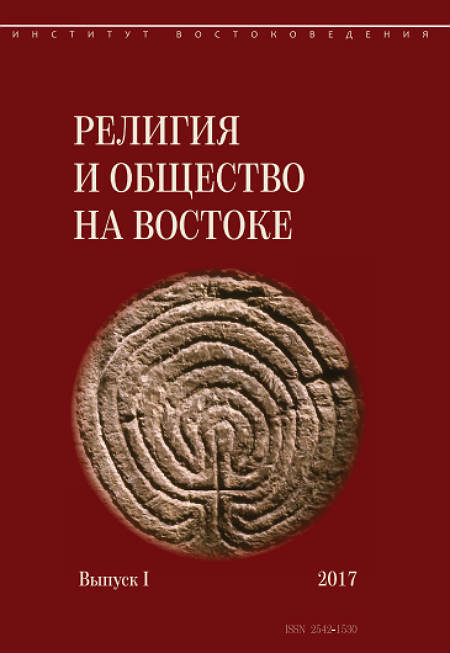Religion and Society in the East
The periodical of the Institute of Oriental Studies, Russian Academy of Sciences. ISSN 2542-1530
Issues
Iran: Islamic Political Identity and Challenge of Modernity
Religiia i obshchestvo na Vostoke, Issue I (2017), p. 51-68.
This paper focuses on the transformation of political and social structure in Iran within the framework of a non-Western route to modernity.
Iran is a special model of the development of society and state under Islamic rule. Clergy control all spheres of life – politics, economy, culture. Since the establishment of the Islamic Republic the system demonstrates the ability to transform and to confront the internal and external challenges. The development of Iranian society is in line with the modernization of “non-Western” pattern (alternate modernization), i.e. based on national cultural and religious tradition.
The analysis of IRI's development in the past three decades in the field of politics, economy, social relations, ideology and cultural life demonstrates the fight of two trends: “tradition” and modernity”. Society runs into new realities. Middle classes, especially young people and women become more active in political and social life.
They support innovation and struggle for political transformation, institutionalization all the achievements in social and gender sphere and require the exercise of civil rights. Liberal-minded clergy see the opportunities to reconcile Islam and modernity. They initiate reforms in political and public sphere, support women’s demands, but they realize that Iranian society on its way to liberalization mustn’t forget their religious beliefs and must maintain its cultural national identity.
Conservatives try to prevent western cultural invasion because it challenge the very existence of the Islamic republic and wish to monopolize power.
Keywords: Islamic Republic of Iran, reformists, conservatives, modernization, gender situation, modern middle class
Volume: 51-68

